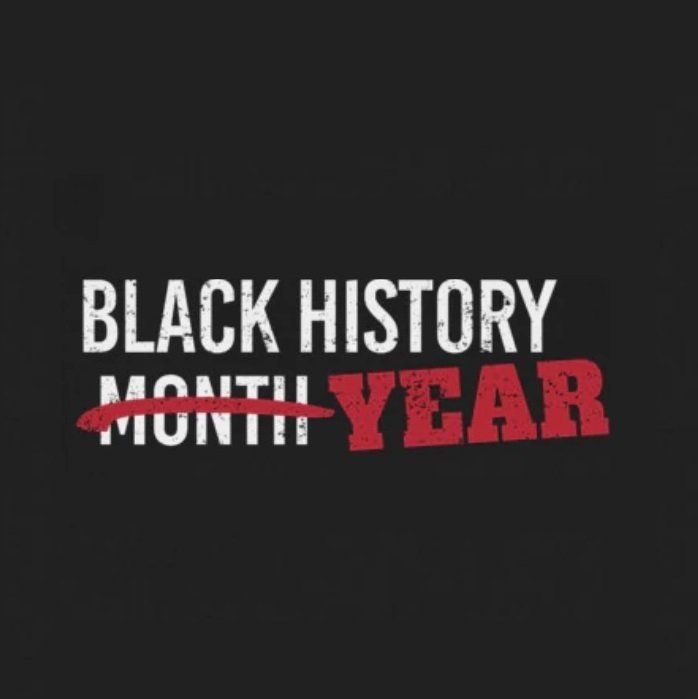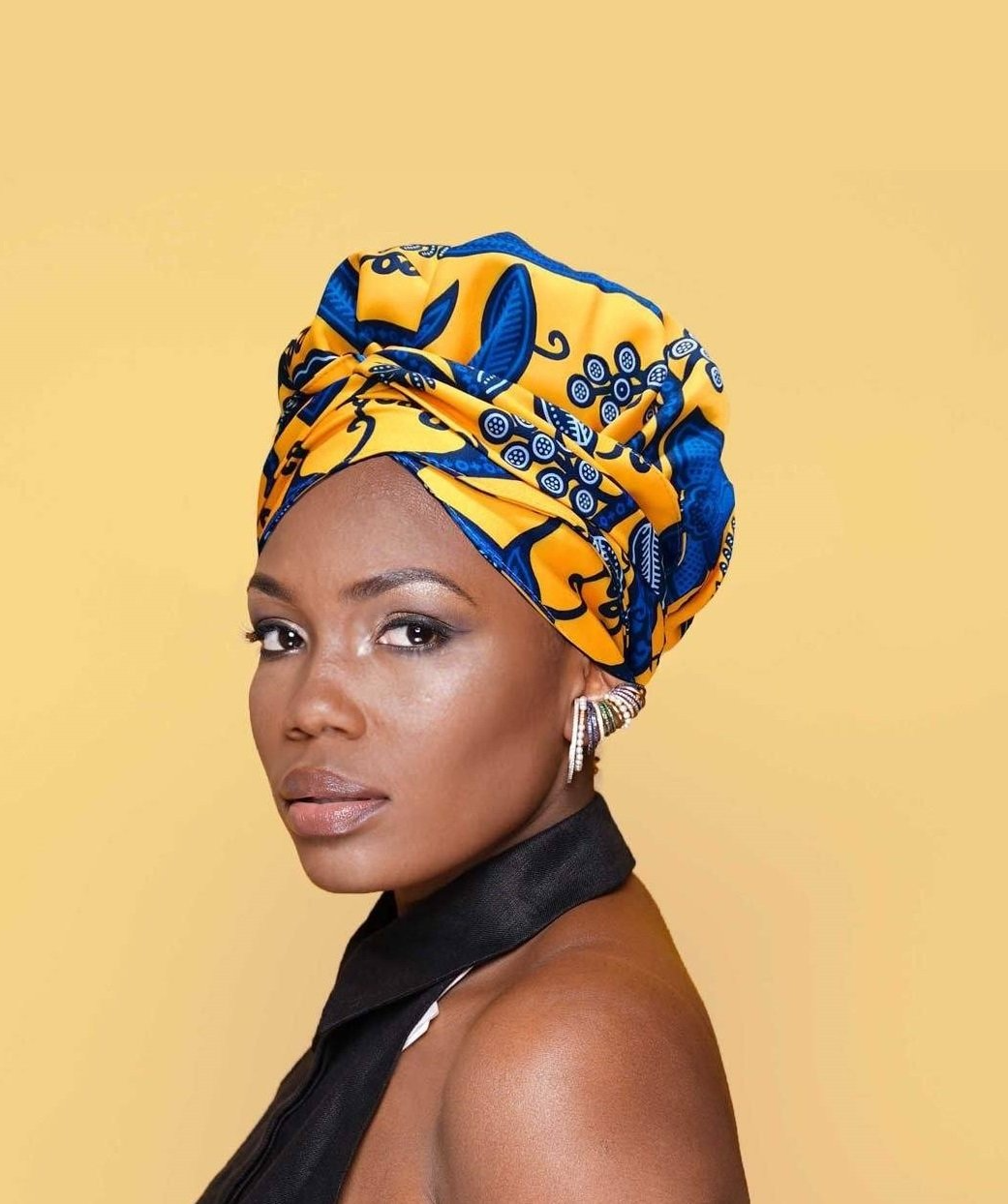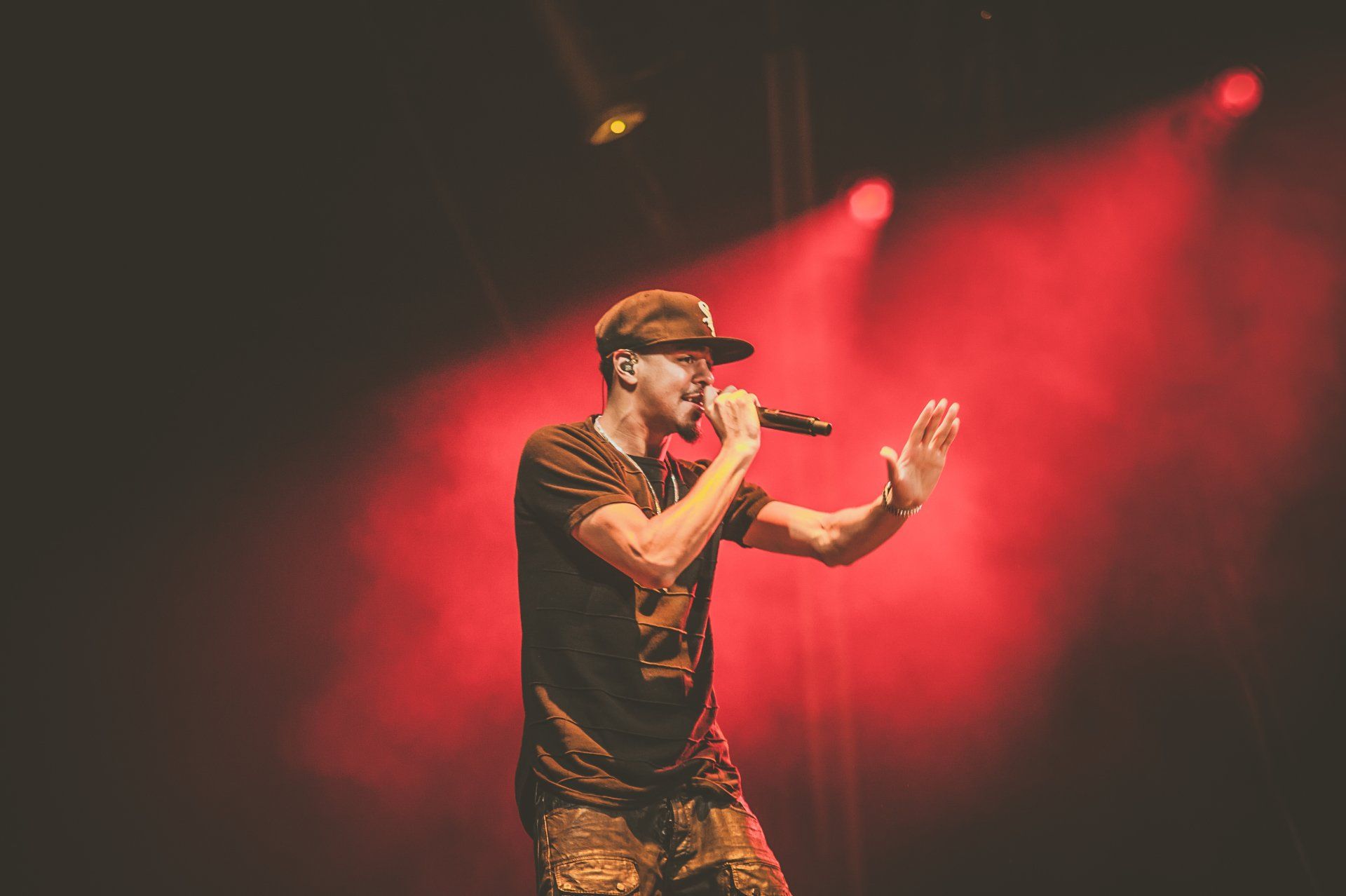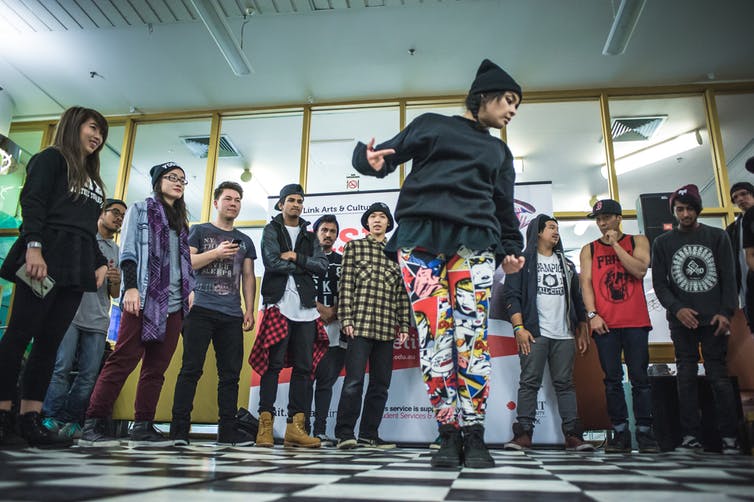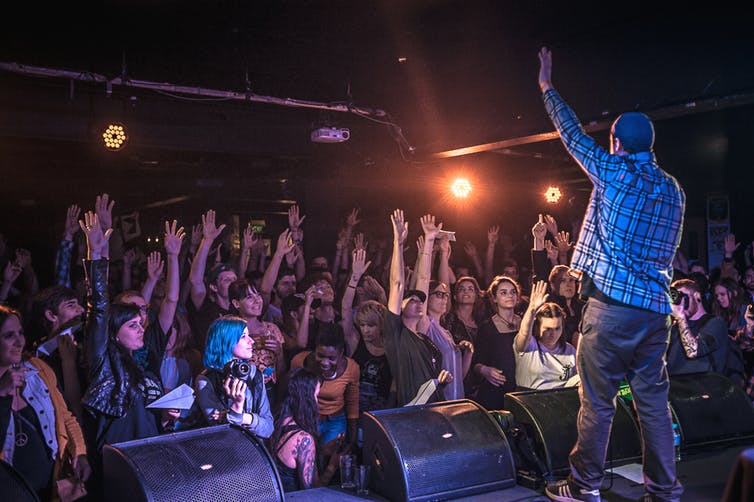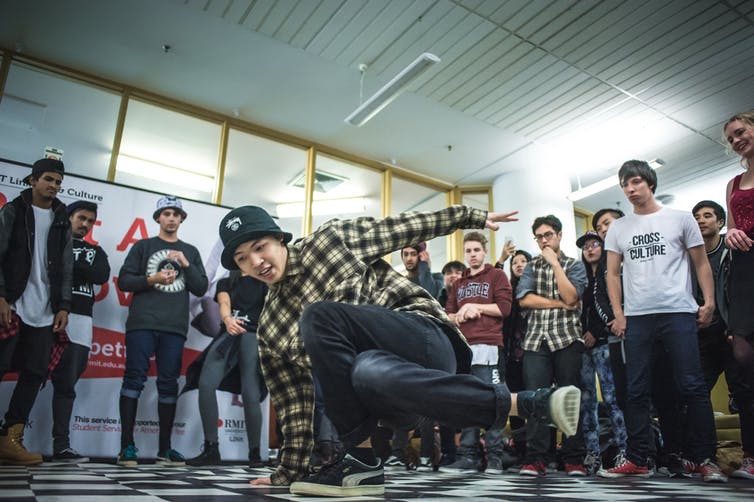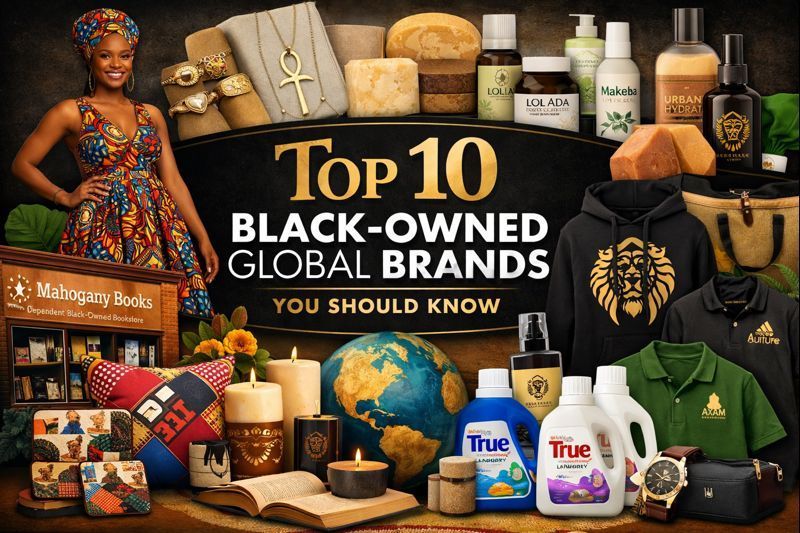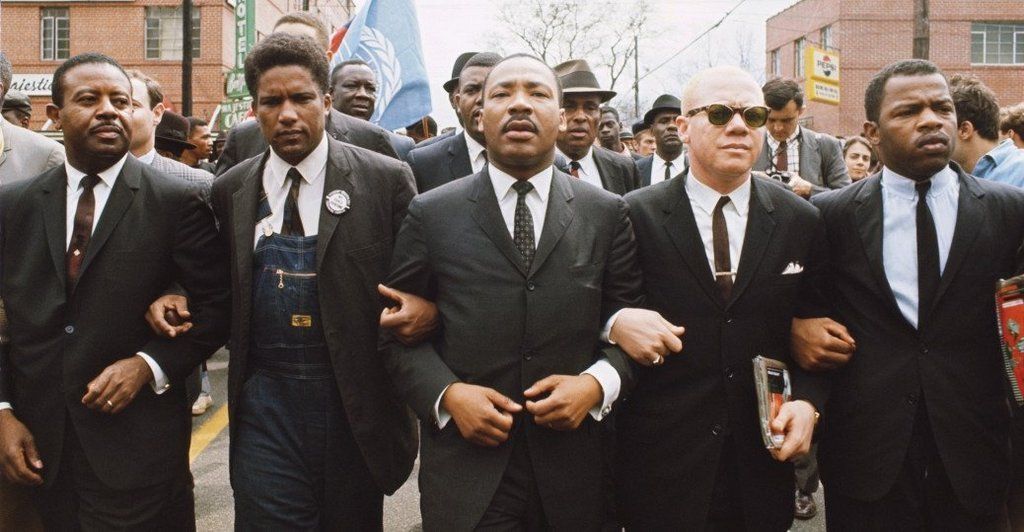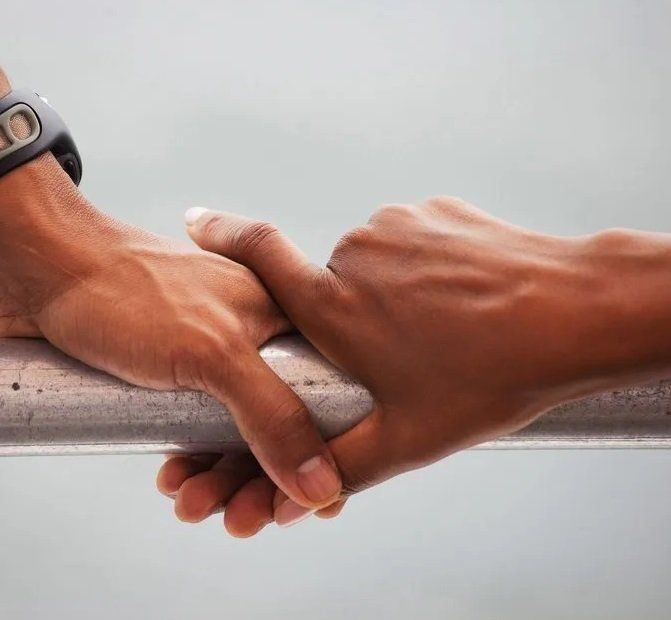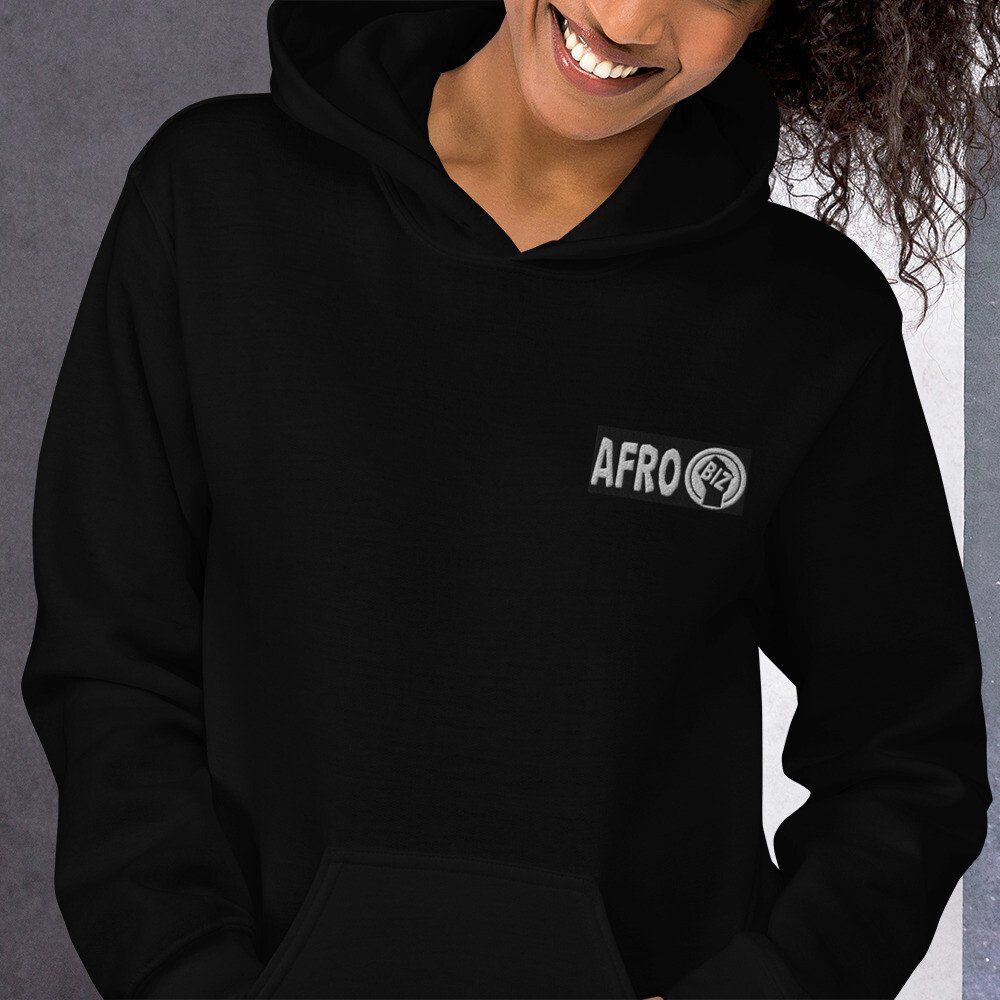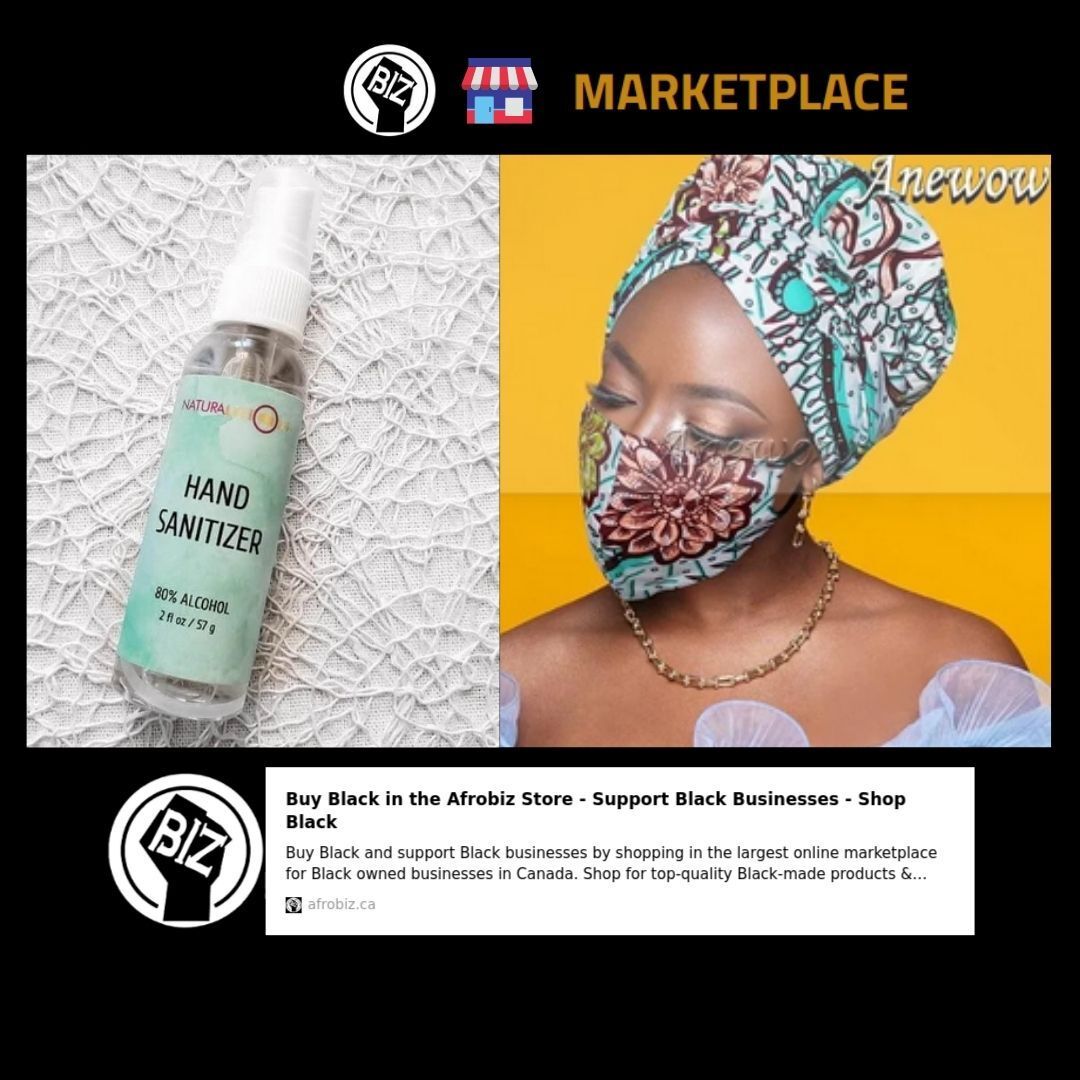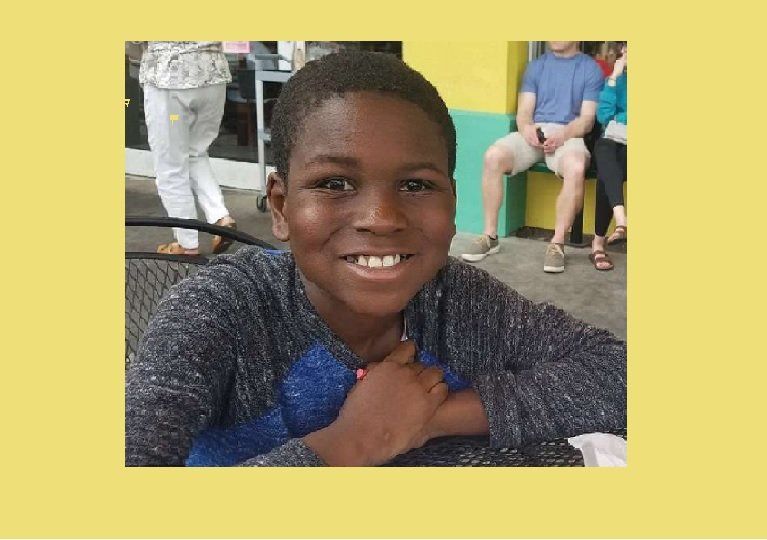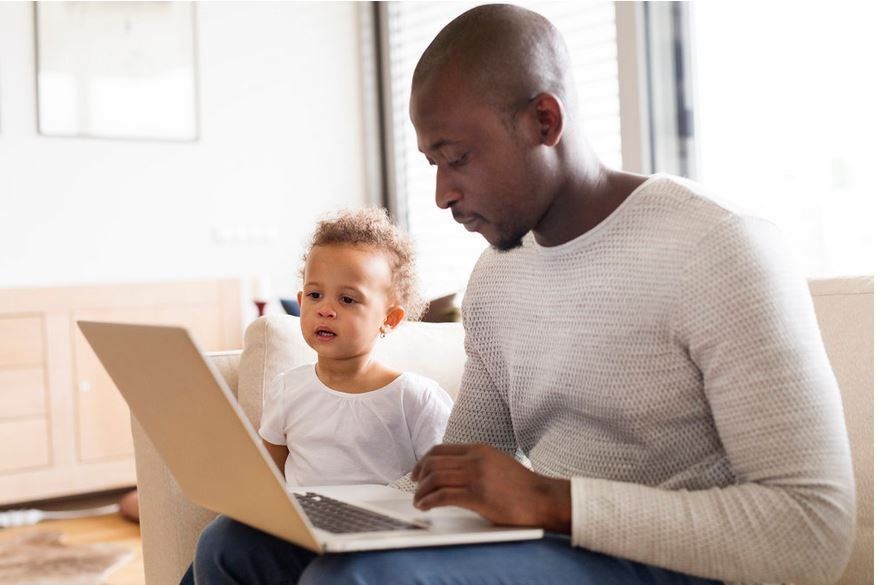The healing power of hip hop
Last year, New York’s then police commissioner Willam Bratton was quick to blame rap music and the culture around it for a fatal backstage shooting at a concert by the rapper T.I. Ignoring wider issues of gun control, Bratton pointed at “ the crazy world of the so-called rap artists” that “basically celebrates the violence”.
Hip Hop culture and rap (a method of vocal delivery popularised through hip hop music) have for more than four decades been bundled with a range of negative connotations, leading many like Bratton to equate them only with profanity, misogyny, violence and crime. Prosecutors in the US have labelled rap lyrics a criminal threat , and numerous studies have been undertaken on the harmful influence of hip hop on kids.
There’s no denying that the lyrical content of hip hop is confronting, and in many instances, it includes the glorification of violence, substance use, and gender discrimination. But while many people struggle to look past the profanity, materialism, and high-risk messages often celebrated within mainstream rap music, hip hop culture at its core, is built on values of social justice, peace, respect, self-worth, community, and having fun. And because of these values, it’s increasingly being used as a therapeutic tool when working with young people.
School counsellors, psychologists, and social workers have helped to normalise the option of integrating hip hop within mental health strategies. Indeed it has become central to the work of one group of psychiatrists at Cambridge University, who under the banner of “ hip hop pysch ”, use it as a tool in promoting mental health. Some have even called rap “ the perfect form for music therapy.”
Born in New York City, hip hop culture is now a worldwide phenomenon. You’d be hard-pressed to find any country that doesn’t have some kind of hip hop scene. This new reality is driven by two factors. One is the commercialisation of the culture as a commodity, which has made it one of the most influential industries in the world with its own Forbes rich list.
The other is that hip hop remains accessible and grassroots. At its simplest, you can make a beat with your mouth – beatboxing – or on a school desk , and create or recite lyrics about anything without singing. The proliferation of cost-friendly, music-creating software and hardware puts more involved participation in reach, and allows flexibility in creativity and even pathways to entrepreneurship.
Marginalised communities the world over resonate with the ethos of resisting exclusion or discrimination and fighting for equity and justice. Others just love the beats and lyrical flow. Beyond beats and rhymes, there’s also something for everyone: B-Girls and B-Boys dance, DJ’s scratch and mix, and graffiti artists draw and write. Combined with emceeing, or rapping, these are the four basic elements of hip hop , with the fifth being Knowledge of Self: the drive for self-awarness and social-consciousness.
This accessibility and inclusivity makes hip hop such an effective therapeutic tool for working with young people. It’s a style most feel comfortable with and it provides a way to build rapport between client and therapist. The lyrical content is a vehicle for building self reflection, learning, and growth. Whether analysing existing songs, or creating new content, the vast array of themes found in hip-hop songs enable therapists to access topics that may otherwise be hard to talk about.
The repetitive, predictable nature of hip hop beats is also said to provide a sense of safety , particularly during song writing, and lyrical and musical improvisation. Therapists suggest this provides a sense of dependability for those with little regularity or safety in their everyday lives; something supported by research linking music engagement and self-regulation.
In his US-based research, Dr Travis has shown that, despite negative associations, many who listen to hip hop find it a strong source of both self and community empowerment. More specifically, the benefits to individual mental health, in areas of coping, emotions, identity and personal growth, can help promote resilience in communities.
In Australian school settings, Dr Crooke has found hip hop to be a positive way for students of diverse backgrounds to engage with their wider community , learning tasks, and schools more generally. In a recent (yet to be published) study, he also explored the benefits of a short-term intensive hip hop and beat making program for young people labelled oppositional, seriously disengaged or at-risk of exclusion.
Results showed students were not only highly engaged in learning through the program, but exhibited positive self-expression, built significant rapport with facilitators, and strengthened social connection amongst each other.
Expressing yourself
Hip hop emerged as a reaction to the gang culture and violence of the South Bronx in the 1970s, and daily experiences of poverty, racism, exclusion, crime, violence, and neglect. It necessarily embodies and values resilience, understanding, community and social justice.
Yet, the hip hop project is not yet free from these difficult circumstances. Many communities around the world still battle the effects of discrimination, segregation, and injustice. Hip hop is often a potent voice to these lived experiences. One of its original, primary strengths was that it allowed young, creative Black and Latino youth to create art that reflected the reality of their lives, of the neighbourhoods around them, and of the wider social circumstances in which they found themselves. In the words of US artists N.W.A. they were making the most out their basic human right to “Express Yourself.”
We may be several decades on, but there are plenty of young people that still need to do the same.
Hip hop is neither a panacea nor a cure all. It is not perfect, but its promise is undeniable. It is a culture with complicated social and historical roots. And it should not be appropriated without acknowledging, respecting and addressing these, because it is precisely these origins that make is so important. Its complicated history enables us to critically reflect on our society, and forces us to face issues of race, privilege, class, and cultural appropriation.
Given the urgency of our need for equity, justice, tolerance and critical civic engagement in today’s society, we need to challenge our preconceptions about hip hop culture. It is perhaps one of the most important and generous movements in our world today.
SOURCE: http://ow.ly/apv030n3i30
